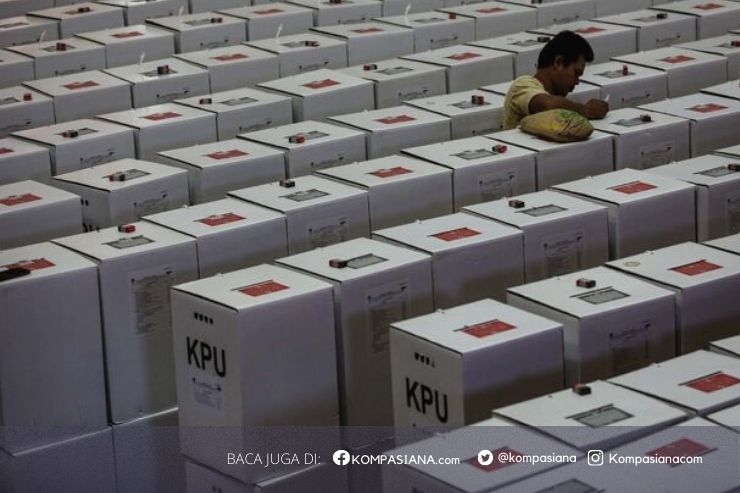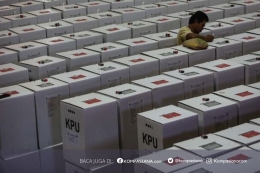Abstract:
Decentralization in educational administration refers to the transfer of decision-making authority from central governments to local or regional levels. This shift has been a central feature of educational reforms in many countries worldwide, aiming to improve governance, enhance accountability, and cater to local needs. This journal explores the concept of decentralization in educational systems, examines its effects on school management and policy implementation, and provides a global perspective on its successes and challenges. Through a comparative analysis of case studies from various countries, this paper highlights the benefits and limitations of decentralization in educational administration.
Introduction:
Decentralization in education is a process that redistributes power from central authorities to local education authorities, schools, and communities. This approach is often adopted to address inefficiencies in education systems and to promote localized decision-making that is more responsive to the specific needs of students and communities. The growing trend of decentralization has been driven by the need for greater educational equity, improved quality of education, and enhanced administrative efficiency.
Literature Review:
Concept of Decentralization:
Decentralization can take various forms, ranging from administrative decentralization (shifting management duties) to fiscal decentralization (allocating financial resources) and political decentralization (granting local governments more control over policy-making). Scholars have debated the effectiveness of decentralization in achieving educational goals, with mixed findings across different contexts.Benefits of Decentralization:
- Increased Local Autonomy: Local schools and communities can tailor educational practices to better fit regional needs.
- Improved Accountability: Decentralization can foster more transparent decision-making and greater accountability at the local level.
- Enhancing School Performance: Local leaders, familiar with the community's needs, are often better positioned to implement policies that improve school performance.
Challenges of Decentralization:
- Resource Inequities: There can be disparities in resources among regions, leading to unequal educational opportunities.
- Lack of Expertise: Local administrators may lack the capacity or training to manage educational reforms effectively.
- Resistance to Change: Both political and educational stakeholders may resist decentralization, especially if it threatens established power structures.
Case Studies:
Decentralization in Sweden:
Sweden's education system underwent a significant decentralization process in the 1990s, granting municipal governments more control over school management. While this shift improved responsiveness to local needs, it also led to variations in the quality of education between municipalities. The challenge remains ensuring that decentralization does not exacerbate inequalities.Decentralization in Indonesia:
Indonesia implemented decentralization in the early 2000s, transferring significant educational governance powers to regional authorities. Although local governments have greater control, disparities in resources and the varying capacities of local officials have posed challenges to the equitable implementation of reforms.Decentralization in Mexico:
In Mexico, decentralization was introduced in the 1990s with the aim of improving educational quality and equity. However, while some regions saw improvements in access to education, others struggled with the capacity to manage resources effectively, revealing that decentralization does not automatically result in better educational outcomes.
Discussion:
The decentralization of educational administration has both positive and negative effects. While it offers greater local control and the possibility of more context-specific reforms, it also presents challenges related to equity, resource distribution, and the capacity of local authorities. It is crucial that countries considering or undergoing decentralization invest in capacity-building at the local level and ensure that equitable resource distribution mechanisms are in place to mitigate potential inequalities.
Conclusion:
Decentralization in educational administration has the potential to improve responsiveness to local needs and foster innovation in education. However, its success depends on the careful design of policies that consider local capacities, resource distribution, and the readiness of stakeholders to embrace change. A balanced approach, with a focus on capacity-building and equity, is essential for ensuring that decentralization leads to positive educational outcomes.
References:
- OECD. (2008). Education and Social Outcomes: Decentralization and Educational Governance. OECD Publishing.
- World Bank. (2004). Decentralization in Education: National Policies and Practices. World Bank.
- Bommert, B. (2006). "Decentralization in Education: A Global Perspective," International Journal of Educational Development, 26(1), 36-49.
This journal framework offers a comprehensive view on the topic of decentralization in educational administration, comparing its global effects while discussing both its benefits and challenges. If you need further elaboration or adjustments, feel free to let me know!
Baca konten-konten menarik Kompasiana langsung dari smartphone kamu. Follow channel WhatsApp Kompasiana sekarang di sini: https://whatsapp.com/channel/0029VaYjYaL4Spk7WflFYJ2H







